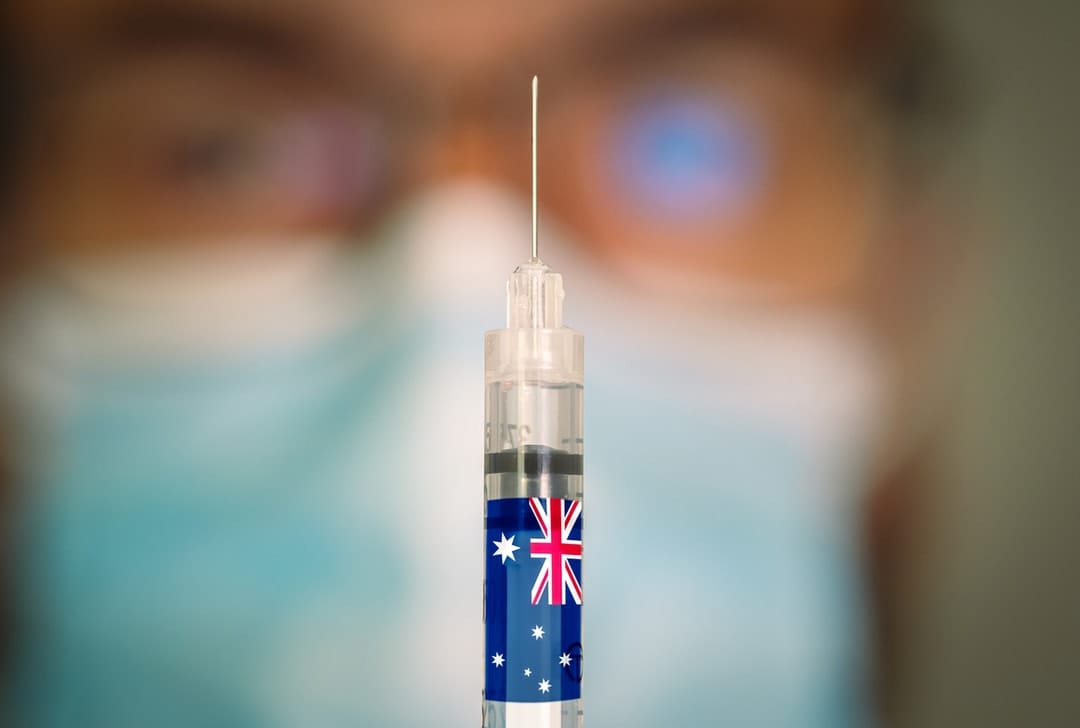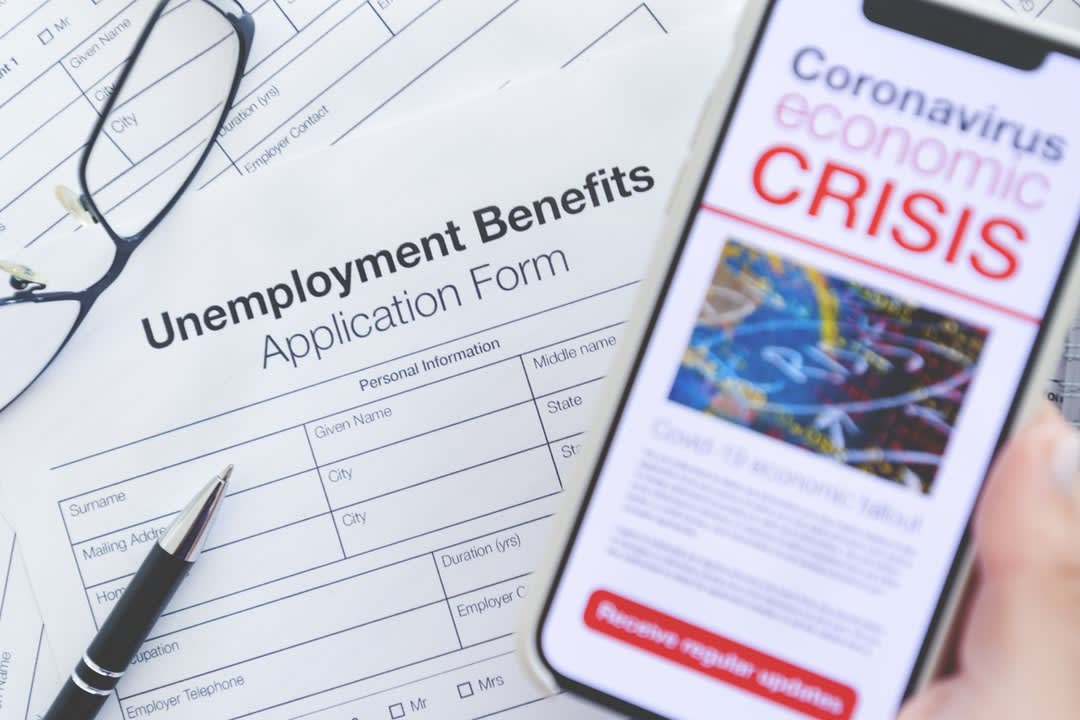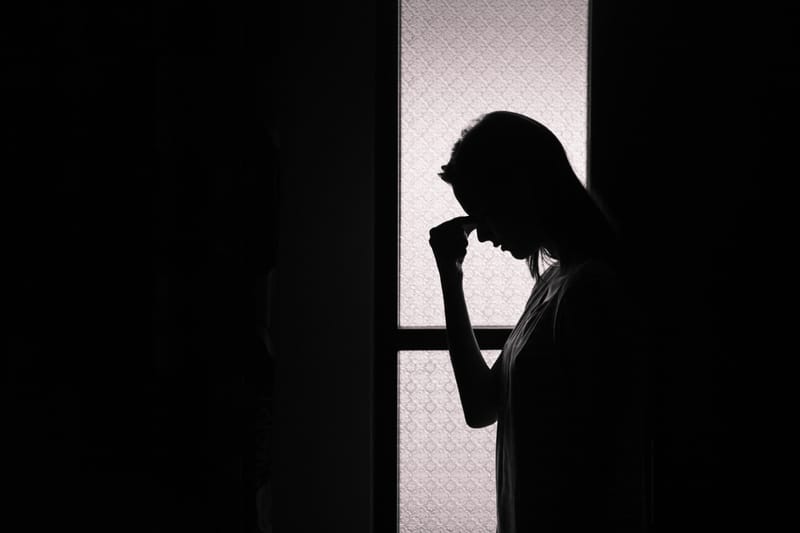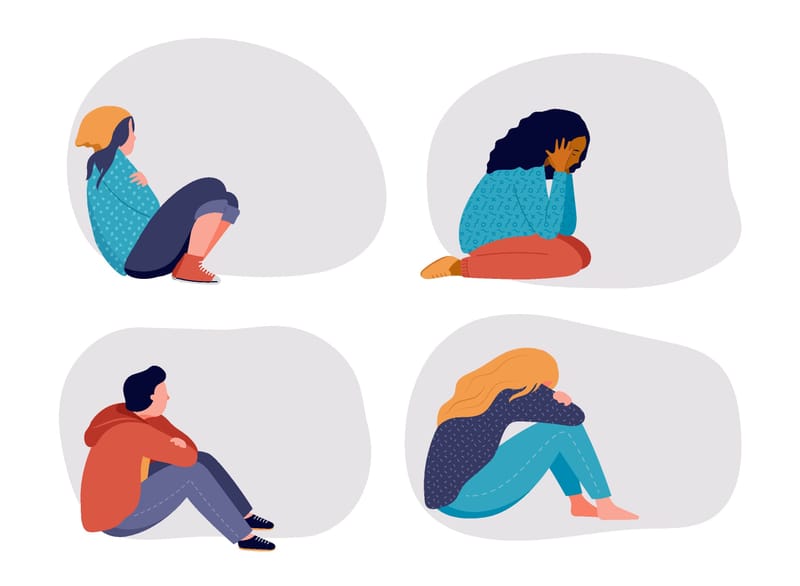
Following a tumultuous parliamentary sitting fortnight, the national Parliament will be quiet for two months as MPs return to their communities. The next time parliamentarians will be in Canberra will be when the Treasurer hands down the budget in May.
This two-month break will provide party leaders, and their strategists, a chance to reflect on their performance, and allow them to recalibrate policy ideas and prepare for what will be a very busy second half to the year.
A general national election can be held between August this year until May 2022. This will mean parties, and candidates, will be on standby to start campaigning once the Prime Minister announces a date.
[The Morrison government's] performance over the next couple of months, and the delivery of the coronavirus vaccine, will be critical in determining its electoral fate.
With the global COVID-19 pandemic still causing volatility, however, the next few months may prove to be the most difficult yet for the Morrison government.
There are a number of major issues on which the the government will be focused. These include addressing allegations of sexual assault, as well as broader issues of gender, sexism and the workplace culture in Parliament, finalising the budget, and managing the coronavirus vaccine rollout. All of this will have to be done within the context of a recent ministerial reshuffle.
The vaccine rollout
The vaccine rollout has the potential to be a political asset or liability for the Coalition.
The government set itself an ambitious target to deliver vaccines to the population. Touted as the largest vaccination program in the country, the plan was for all Australians to be vaccinated by October.
The problem is that the government is reportedly falling behind its own targets, and expert groups, such as the Australian Medical Association, have been sceptical of whether the goal may actually be met.
As the vaccine is administered throughout the community, the prospect of snap coronavirus lockdowns are still a daily reality. Brisbane is the latest city to call for a short lockdown. While this is only for three days, these can still have a major impact on peoples’ confidence and their capacity to participate in social and economic activity.
The coronavirus has shone a light on how Australia’s federal system is structured, and how it operates in practice. State premiers who have gone to the polls amid the pandemic have been rewarded by voters who have given them larger parliamentary majorities.
The Morrison government will be hoping this electoral trend that favours incumbents will continue at the national election.
The timing and success of the vaccine rollout, however, will have a major impact on how the community sees the government’s handling of the virus. Unmet targets, or perceived failures in communication or strategy, will cruel the government’s electoral support.
The economic state of play
But while the government’s plans for the vaccine rollout hang in the balance, the Coalition’s leadership will also be anxious about the shape of the economy.
The latest economic figures have been seized by the Treasurer as evidence of the government’s strong performance. ABS data shows that the unemployment rate fell from 6.3% to 5.8% in February, though underemployment rose from 8.1% to 8.5%.

The end of JobKeeper, however, has the potential to have a major impact on these results. Introduced by the government last year, JobKeeper was a scheme designed to keep workers in jobs by subsidising their wages as employers faced major downturns in their work during the pandemic. It remains to be seen what impact this will have on the broader economy once this funding comes to an end.
Amid these complex issues, we recently gained some insight into what the electorate is thinking about the government’s performance.
On a superficial level, the government’s leadership would be pleased with the latest results.
While support has been dropping according to Newspoll, Scott Morrison is still comfortably ahead of Opposition Leader Anthony Albanese on the question of preferred prime minister.
But this doesn't mean much in the Australian system of responsible government, where the two-party preferred poll provides a more meaningful measure of the parties’ standing.
Coalition shedding support
Looking at this result, the government has been shedding support over the past few months. In October, the Coalition was leading Labor 52% to 48%. Now, the tables have turned, and it's the Coalition trailing the opposition 48% to 52%.
With such a thin majority in the House of Representatives, these figures will start to make marginal-seat MPs very nervous, and they may agitate for changes in communication, policy or, possibly, even personnel. While it's now harder for a Liberal prime minister to be rolled by colleagues, it's still an option for a party room in search of an electoral saviour.
Presumably, this was the context in which Prime Minister Morrison cautioned colleagues at the start of the last sitting period to support each other and maintain a united approach to advancing the government’s agenda.
There are significant challenges confronting the government moving towards the next federal election. Its performance over the next couple of months, and the delivery of the coronavirus vaccine, will be critical in determining its electoral fate.





